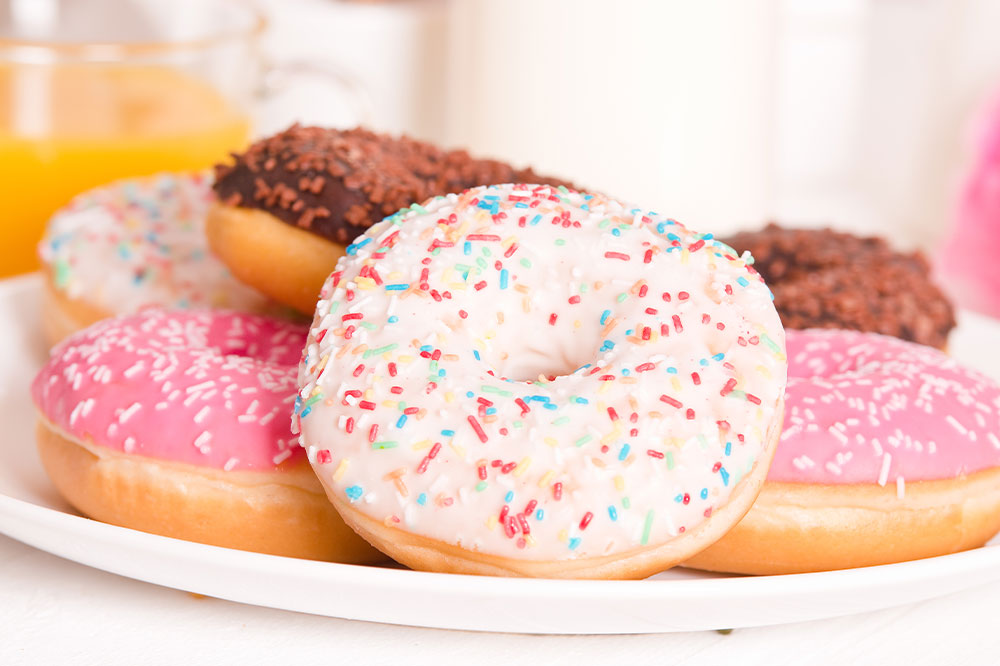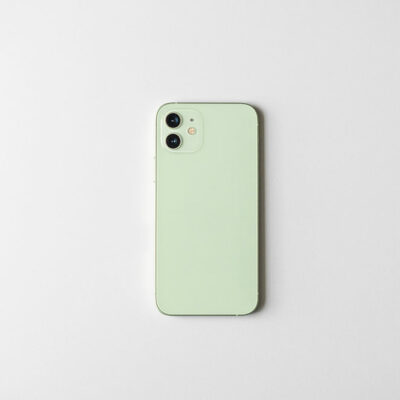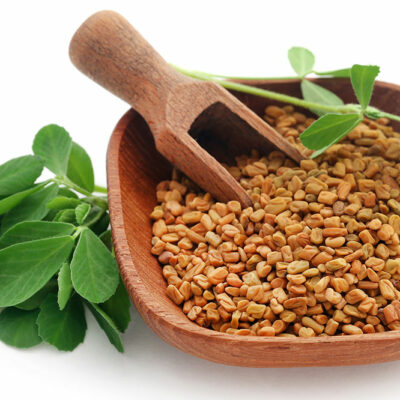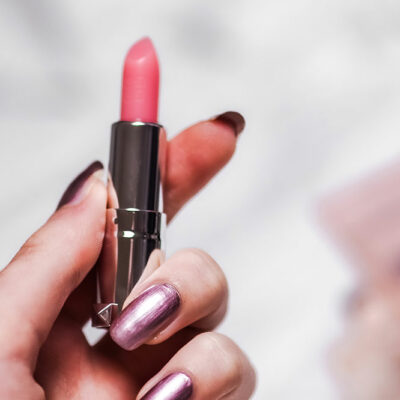
5 Foods to Avoid to Treat Dandruff
Does your shoulder have evidence of snow, even when the day is bright and hot? Well, dandruff is probably the culprit. The flaking and itching it brings along can be quite problematic, especially in social situations, chipping at self-esteem. But there is hope! Apart from anti-dandruff shampoos and nourishing conditioners, food plays a role in maintaining scalp health. Here are five foods to avoid dandruff.
1. Sugar
There are plenty of reasons to keep away from this sweet, addictive substance, and among them is ridding the scalp of dandruff. Sugar is so delicious that it tempts yeast to infest the scalp and worsens seborrheic dermatitis and psoriasis. It causes flaky skin and damage to hair follicles by promoting the production of androgens, male hormones that shrink the size of hair follicles. Sugar also inhibits Vitamin B assimilation, a nutrient that actively fights dandruff.
2. Alcohol
Going off the wagon and steering clear of bars can go a long way in keeping your scalp flake-free. Alcohol worsens dermatitis and exacerbates dandruff in two ways. Firstly, it dehydrates the body. Hydrating is one of the most critical steps to take in the war against dandruff and alcohol undoes everything moisturizing shampoos do for you. Secondly, remember that your drink reduces the zinc content in the body. Zinc is essential for the health of hair follicles.
3. Fish
Usually, the essential fatty acids found in fish improve the condition of your hair and skin. But fish high in high mercury, on the other hand, can lead to hair loss. Examples of such fish include mackerel, tuna, and swordfish. Switch to shrimp, sardine, and salmon, all of which are low in mercury and have positive impacts on eczema symptoms.
4. Vitamin A supplements
Technically, Vitamin A is good for the hair and scalp. It is a nutrient that is needed for all kinds of cell division and positively impacts hair growth. The adage, “everything in moderation,” is appropriate here. In excess, Vitamin A can cause hair loss that is not easily reversible by home remedies or nourishing hair care products. It also worsens oily scalps, itchy skin, and atopic dermatitis. Thus, unless explicitly prescribed, it is best not to take Vitamin A supplements.
5. Allergens
While fairly intuitive, it is worth mentioning that an anti-dandruff diet must not contain foods you are allergic to. Typically, sneezing and wheezing are symptoms that people think of when you mention allergies, but the scalp is affected as well. Intolerances and allergies cause inflammation in various parts of the body, including the scalp. Apart from causing dandruff, it also worsens conditions like eczema and dermatitis that cause flaky scalps. Gluten and dairy are the most common triggers of allergens, so going on a gluten-free or vegan diet can help your scalp remain dandruff-free.


